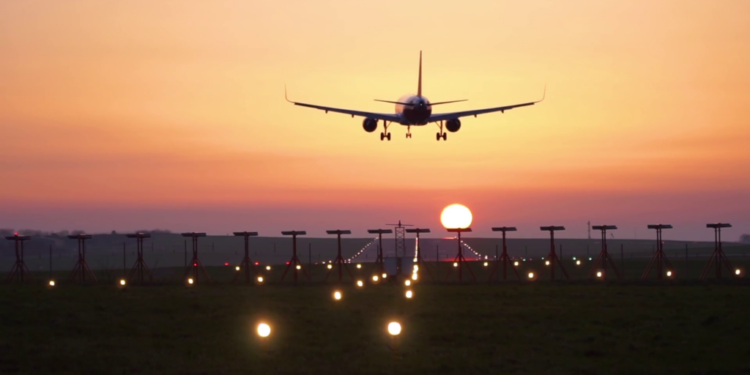The International Air Transport Association (IATA) has disclosed that African International traffic continues to improve for airlines based in Africa with an increase of 84.8% Year on Year in July.
But for airlines of the Middle East, traffic was up by 193.1% YoY in July and international RPKs are now 22.3% below the July 2019 level.
However, African airlines went from posting increased cargo volumes over the past year to June, to a 3.5% fall in July Year on Year (YoY).
The reports were contained in the Air Passenger and cargo market analyses released yesterday by IATA.
The analysis showed that Air passenger travel continues its robust recovery, with revenue passenger kilometers (RPKs) rising by 58.8% in year-on-year (YoY) terms in July while Domestic RPKs are now the main driver of the recovery.
Volumes also grew by 4.1% YoY and reached 86.9% of 2019 levels in July while international RPKs continue to increase globally, supported by easing travel restrictions in Asia Pacific.
Traffic increased 150.6% YoY, which places the international industry 32.1% below July 2019. The load factor remains high industry wide at 83.5%, with North America in the lead at 88.2%.
However, the cargo performance was poor compared to the air passenger movement, according to the report.
Seasonally adjusted air cargo volumes contracted by 2.3% month-on-month (MoM) in July, failing to extend the gains seen in June.
According to the analysis, air cargo demand also faces mixed conditions. Although China has eased the Omicron-related lockdowns, other headwinds persist, including infrastructure and labour supply constraints as well as the ongoing Russian-Ukraine war, the report said.
The report added, “Air cargo growth has been underperforming, with the gap gradually widening since January. The new export orders component of manufacturing PMIs – historically a leading indicator for air cargo shipments – have softened over the first half of 2022.
“With the exception of China, new export orders for the world’s main manufacturers are currently below 50 – above which level activity is increasing.”
The analysis listed factors which affect the underperformance of air cargos to include higher consumer prices and interest rates which dampen purchasing power and typically reduce consumer spending.
“Air cargo capacity increased in all regions except in Africa where ACTKs were down by 2.2% YoY in July, in part reflecting the increase in belly capacity as the number of passenger flights continues to recover,” it added.










Discussion about this post